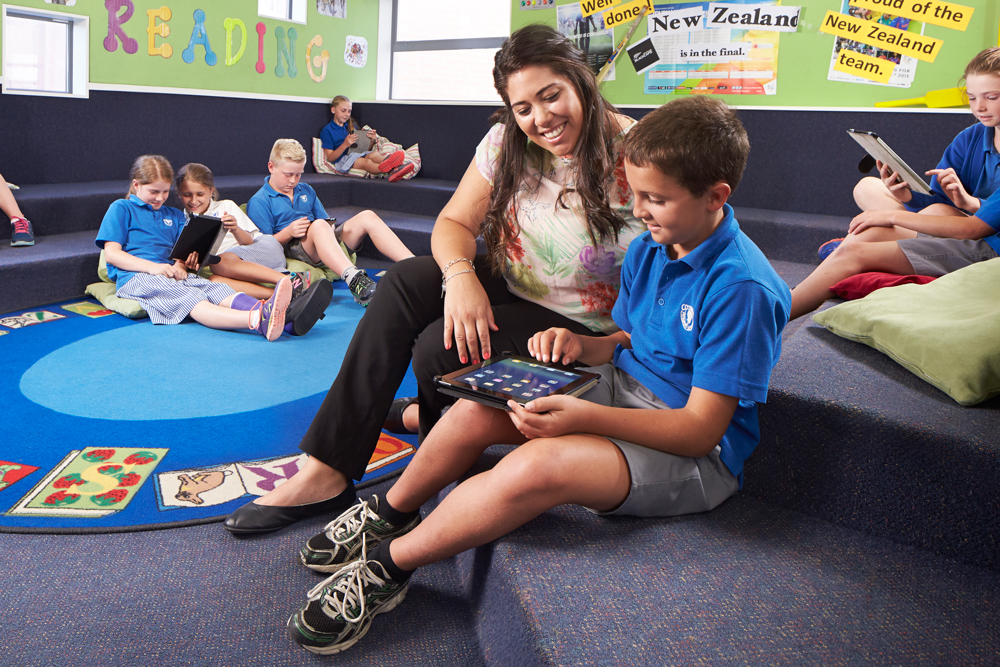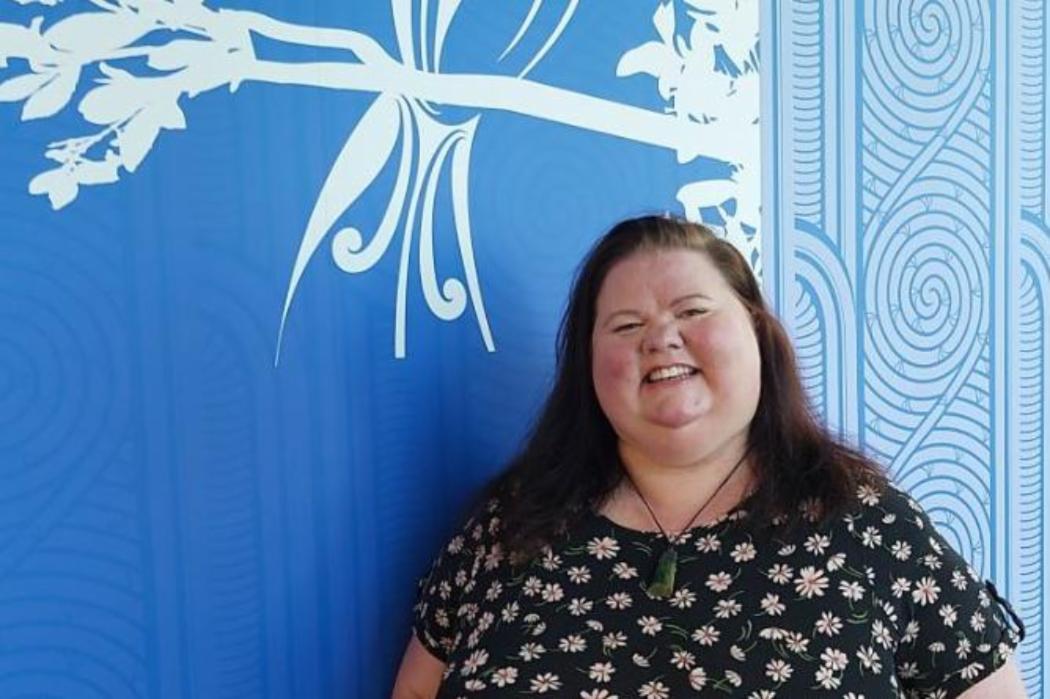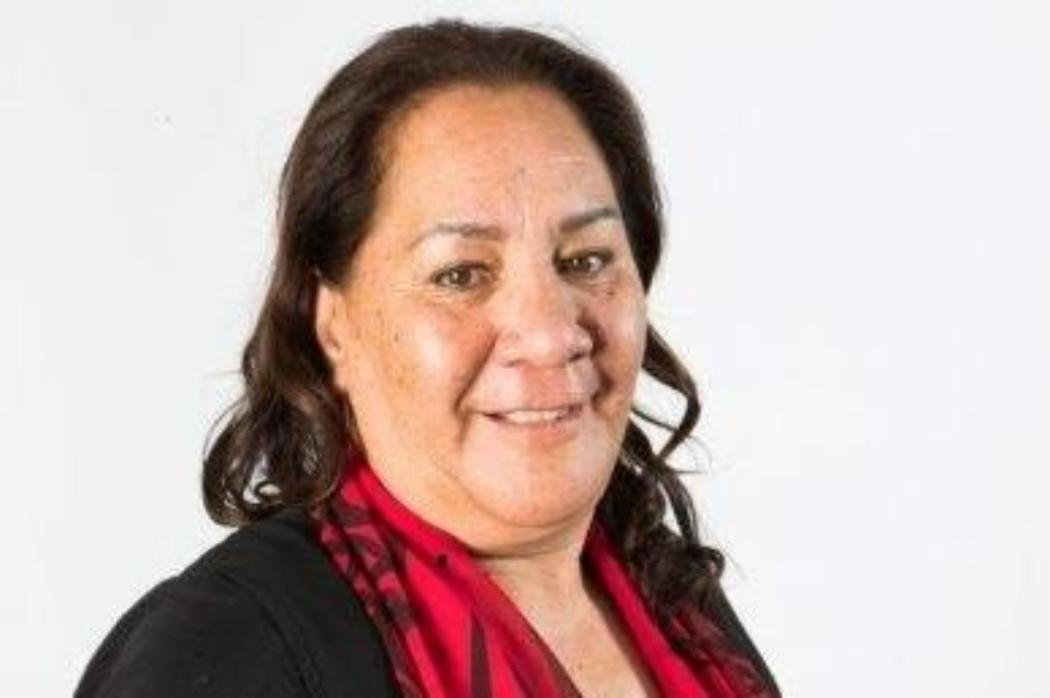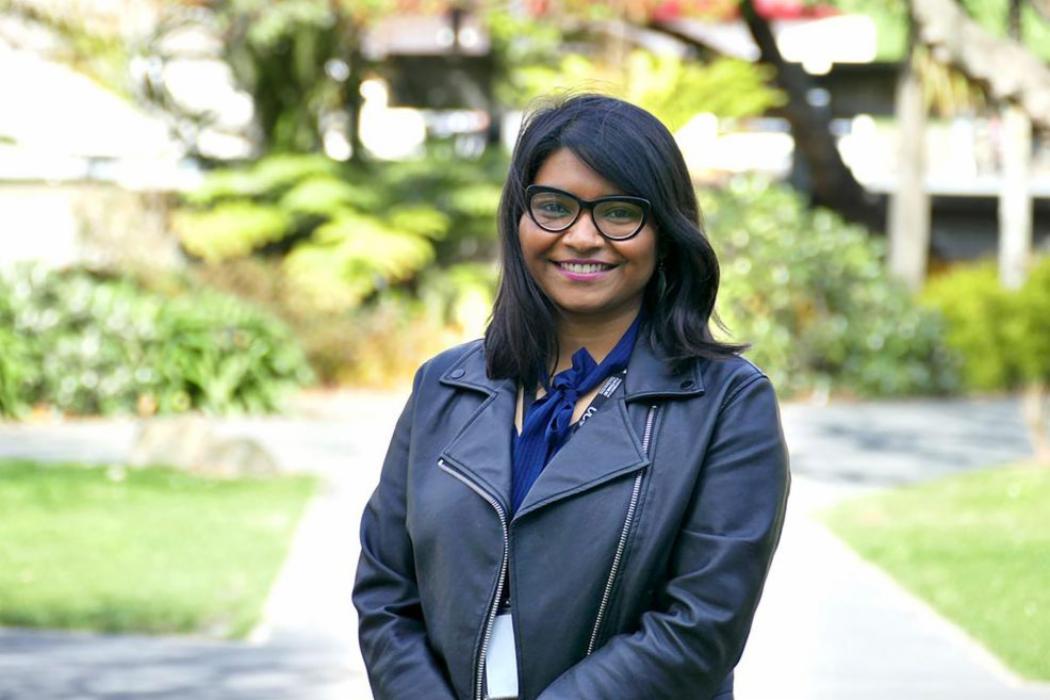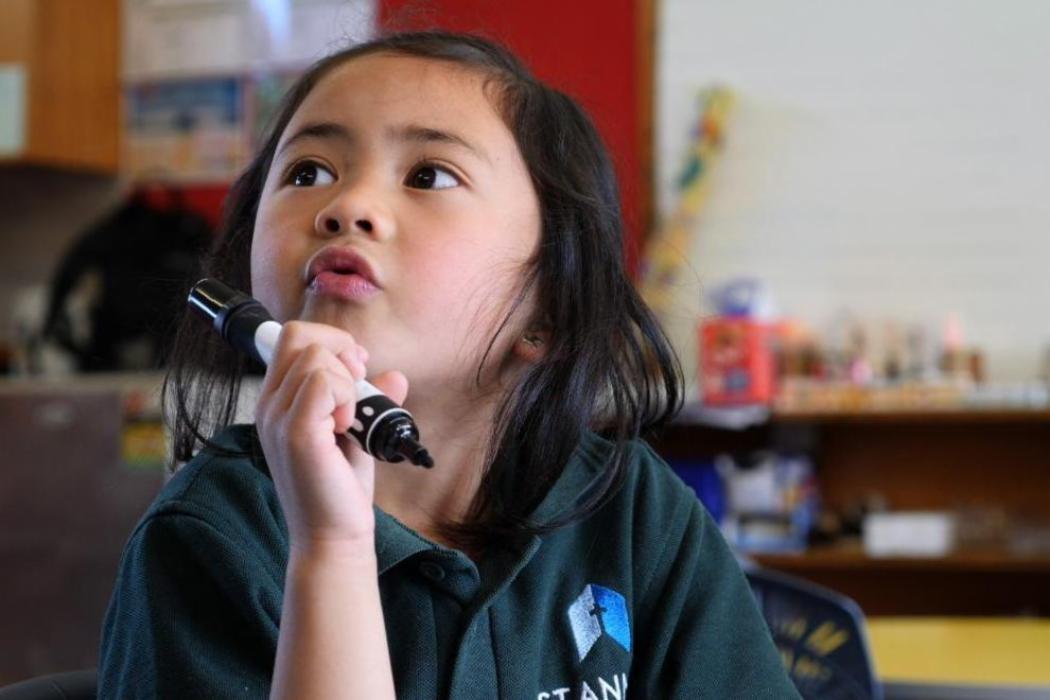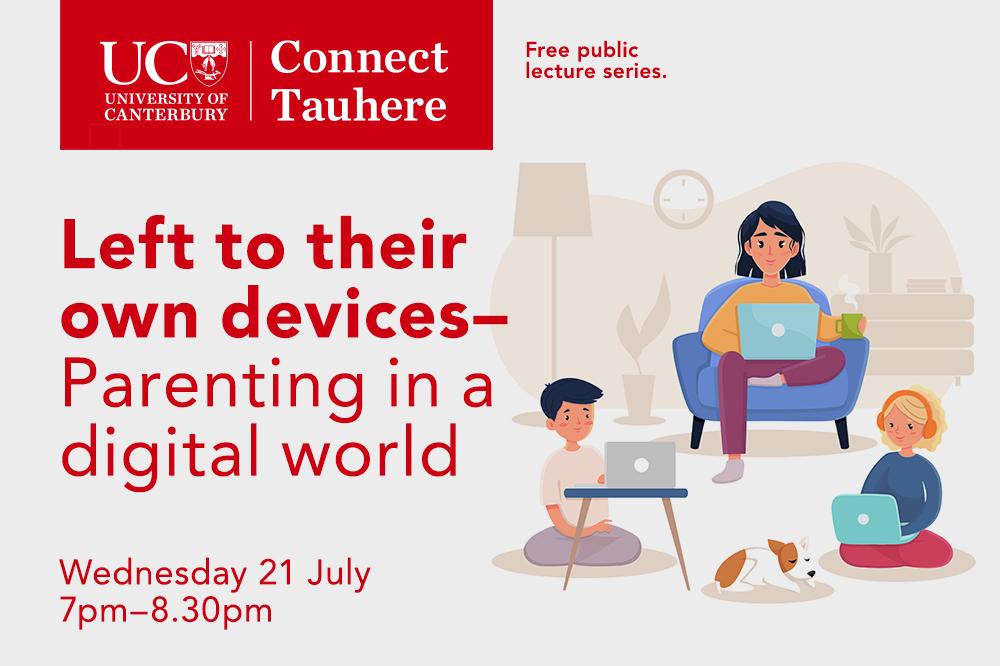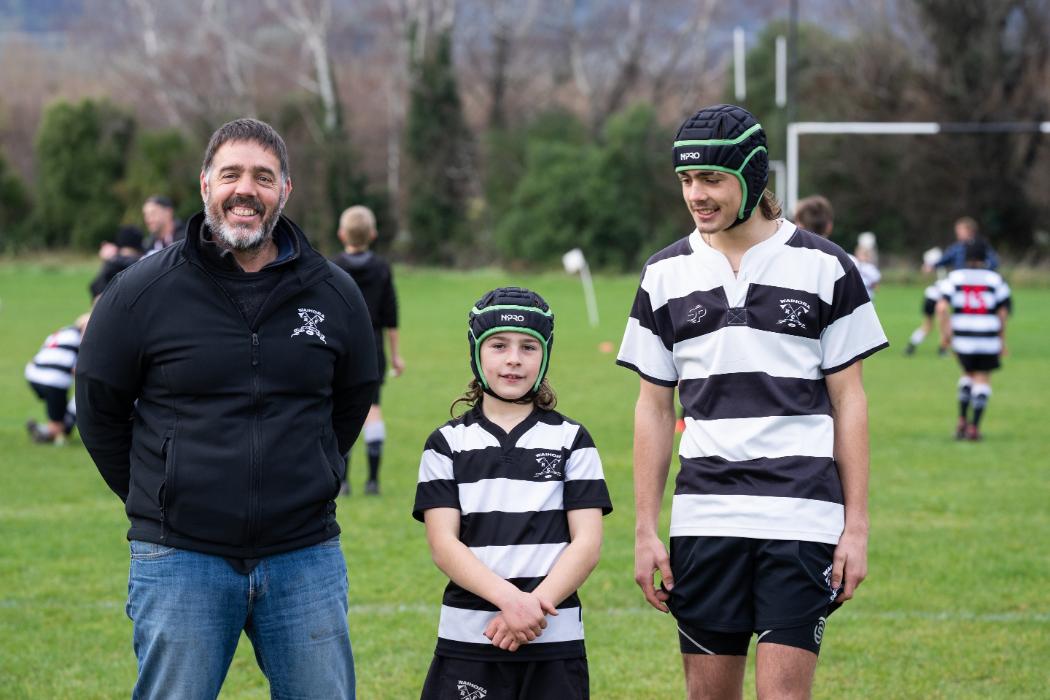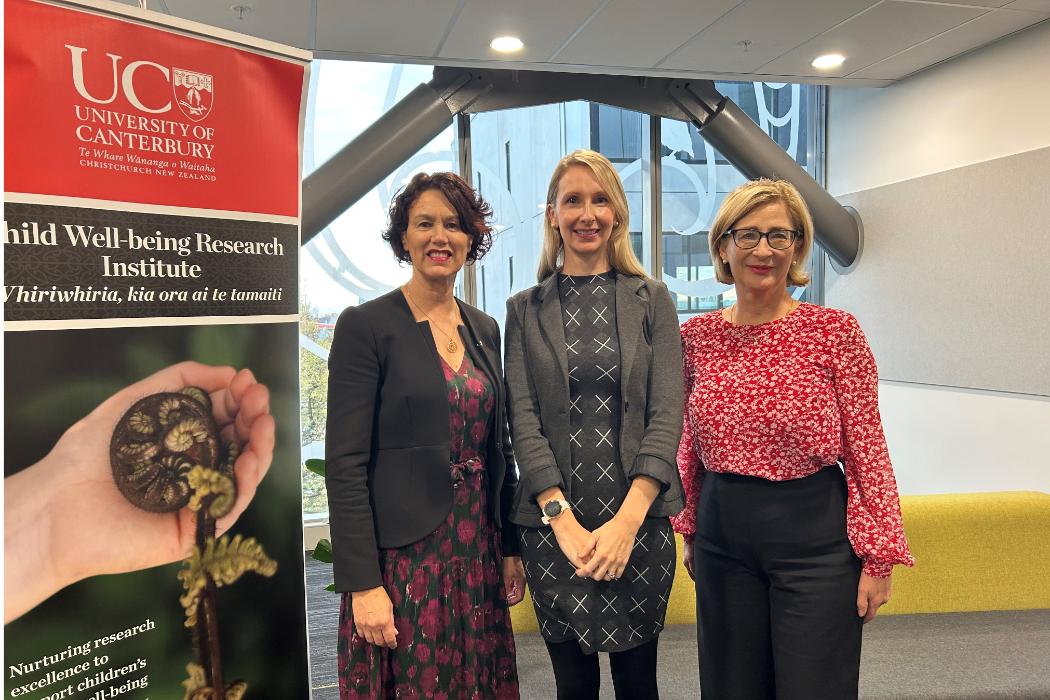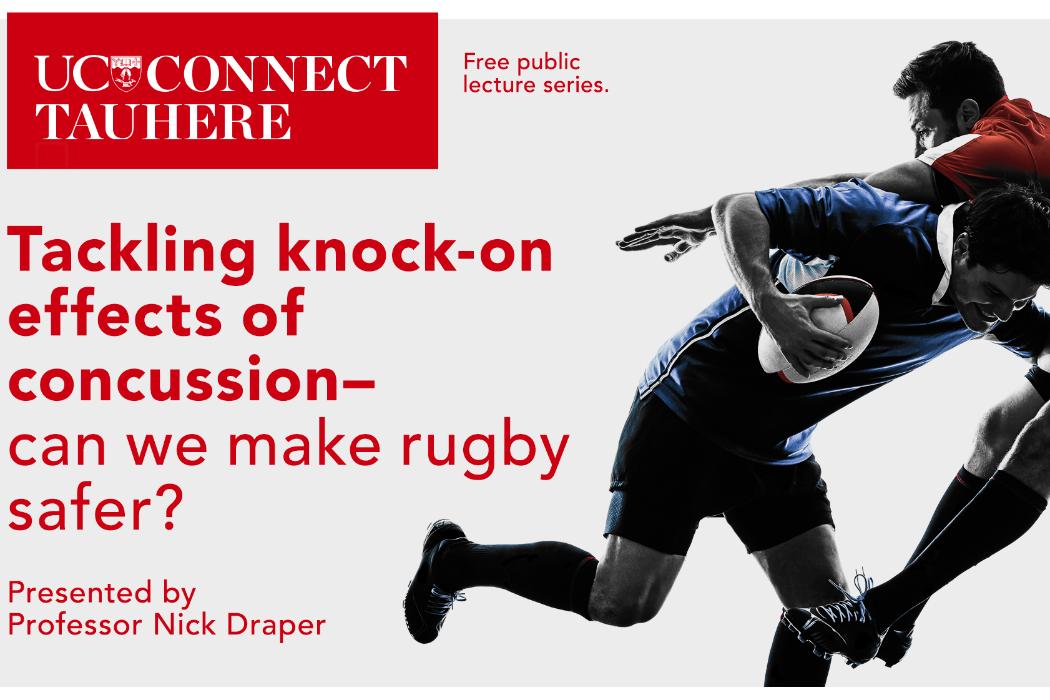The Educational Theory, Policy and Practice research hub provides a rigorous, supportive research environment for inquiry in educational foundations and educational policy studies. Academics and research students with backgrounds in philosophy of education, sociology of education, history of education, cultural studies in education, and adult/community education will find a natural home here, but the hub also welcomes scholars from other fields.
Underlying the work of this hub is a commitment to the value of education and knowledge in transforming human lives. Researchers in the hub see teaching and learning as ethical and political processes. They set educational problems in their broader social, cultural and historical contexts. They regard theory and practice as necessarily intertwined, and they take the ‘critic and conscience’ role of the university seriously in engaging educational policy. Members of the hub undertake theoretical and empirical research in a wide range of different educational areas, and they seek to contribute positively to debates over contentious pedagogical and policy issues.
